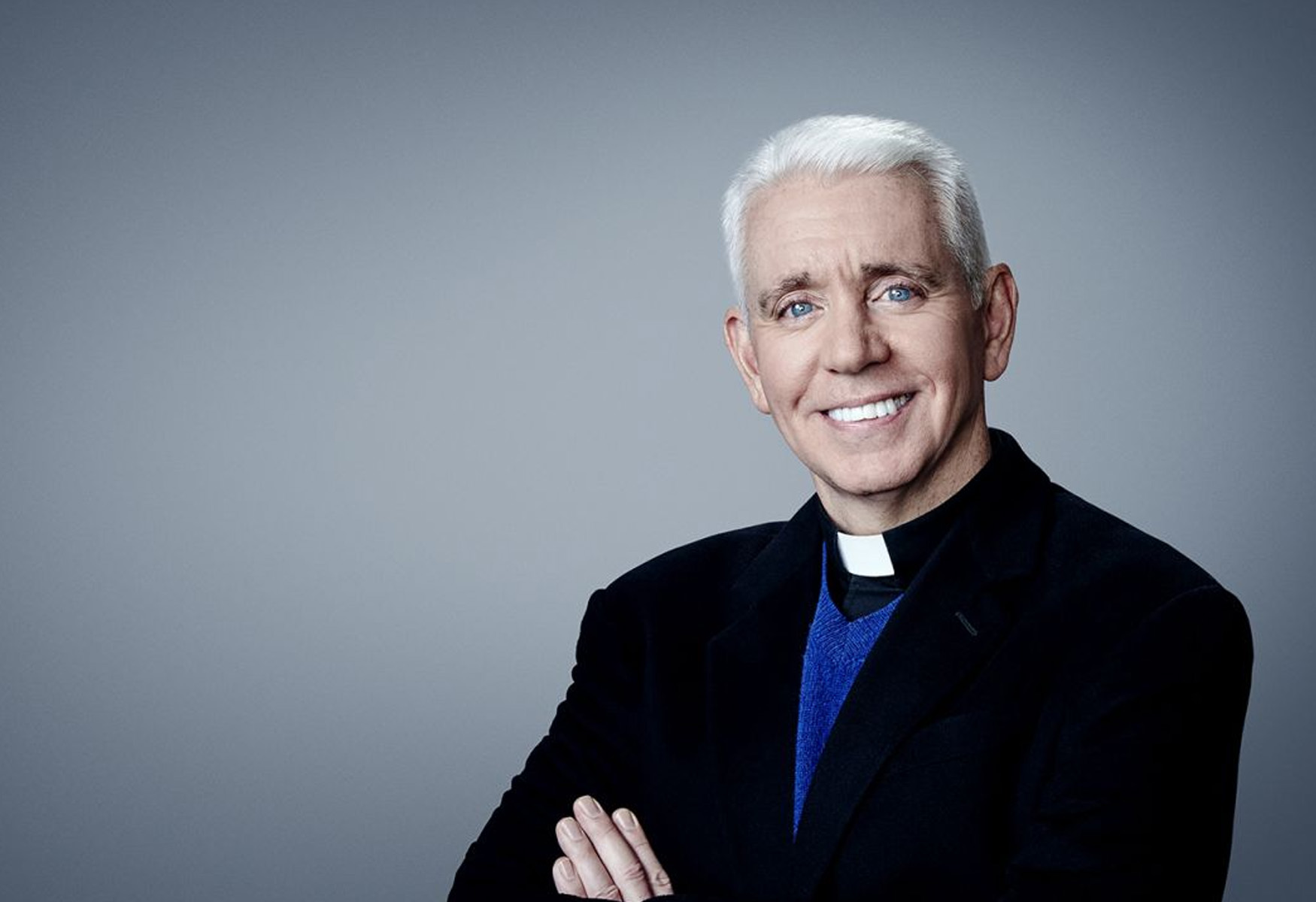A Catholic priest recently appeared on CNN during the Christmas season, sparking a heated debate by referring to Jesus as a “Palestinian Jew.” Father Edward Beck, a regular contributor, discussed the challenge of maintaining faith during turbulent times, drawing parallels between the story of Jesus’ birth and the ongoing conflict in the Middle East.
Key Takeaway
The characterization of Jesus as a “Palestinian Jew” by Father Edward Beck has sparked a contentious debate, highlighting the intricate intersection of historical, religious, and geopolitical perspectives.
Debate Over Jesus’ Background
During the interview, Father Beck highlighted the extraordinary nature of describing Jesus as a “Palestinian Jew,” emphasizing that Jesus was born into an occupied country. He pointed out that Mary and Joseph, as Jesus’ parents, were forced to seek refuge in Egypt, drawing a comparison to the plight of present-day refugees.
While Father Beck did not explicitly take a pro-Palestine stance, his remarks were interpreted as such by many. This led to extensive online discussions, with some expressing concern over the suggestion that Jesus identified more with the Palestinian plight than with the Israelis, despite the absence of a formal Palestinian state during that era.
Interpretation and Controversy
The debate surrounding Father Beck’s comments has stirred widespread controversy, with some interpreting his words as downplaying Jesus’ Jewish identity in favor of emphasizing his connection to Palestine. Father Beck has defended his statements, asserting that his message of peace and unity has been misconstrued.
Furthermore, Father Beck has cited historical usage of the term “Palestinian” to encompass a diverse range of people, including Muslims, Jews, and others residing in the region over the centuries. He maintains that identifying Jesus as Palestinian does not negate his Jewish heritage.
Unveiling a Complex Conversation
The discussion incited by Father Beck’s remarks has ignited passionate responses from both sides, underscoring the complexity of the topic. As the debate continues, it prompts reflection on the historical and religious significance of Jesus’ background and the ongoing implications of his legacy in contemporary discourse.


